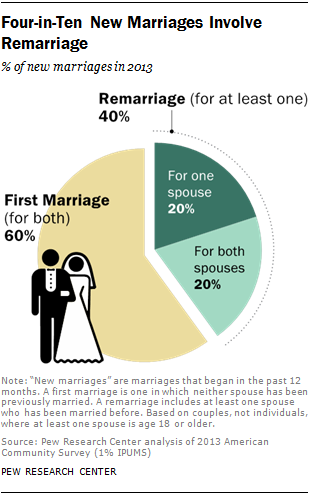Bagging Big Party, Father Honors Daughter's Wedding With Houses for India's Homeless
/A wealthy Indian businessman had intended to celebrate his daughter's wedding with an extravagant party for which he had saved for years. But then a better idea came to fruition.
Instead of paying for the marriage ceremony, Ajay Munot, a cloth and wheat trader based in the Aurangabad district of eastern India, spent the Rs 7 million to 8 million he had saved for the wedding on building homes for the poor, the Free Press Journal reports.
Munot's wedding savings, worth around £93,000, were spent on constructing 90 houses on two acres of land. Each home was 240 square feet, had two windows and doors and had access to filtered drinking water. To insure success, the businessman carefully selected the residents of the new homes under three conditions: they needed to be poor, living in a slum and not suffering from an addiction.
The bride and groom are deeply honored by this long-lasting gift in their honor. via Elle UK









